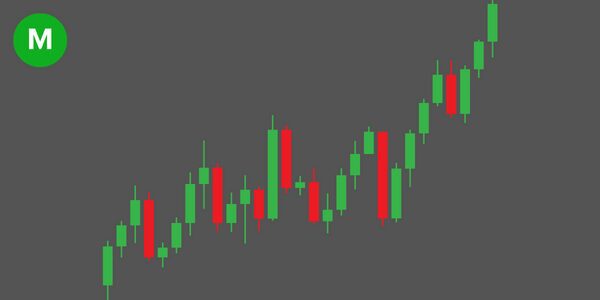What Is Close Position In Trading?
Learning to trade can take time — and like any specialist field — trading has developed its own “lingo” and terminology. When starting out a trader must get to grips with it, and fast. So what does it mean to “close a position” or “close out a position” in trading (also sometimes referred to as “squaring a position”)?
KEY POINTS
- To close a position in trading is to either sell (or liquidate) an existing open “long” position or cover (buy back) a “short” position.
- A position is said to be “closed” when the trader buys or sells an equal amount of the same security, commodity, or currency and is no longer financially exposed to the price fluctuations of that security.
- The purpose of closing a position is to take profits or cut losses. When a position is closed, the trader’s account is credited or debited the appropriate amount. Profits or losses are effectively realized.
For example, if a trader buys 100 shares of XYZ stock at $10 per share and then sells those same shares at $11 per share, the position is closed, and the trader’s account is credited $1 per share, or $100.
What is a position in trading?
A position in trading is the number of contracts or shares (quantity) a person owns or owes in a particular security.
For example, if an investor owns 100 shares, they have a position in that stock. If a trader holds two futures contracts, they have a position in those contracts.
Another way to think of a trading position is the exposure the trader has to fluctuations in the security price.
What is a long position?
A long position is a position that a person owns in security. For example, if an investor owns 100 shares, they have a long position in that stock.
What is a short position?
A short position is a position that a person owes in security. For example, if a trader sold 100 shares, they would have a short position in that stock.
What happens when you close your position?
When you close a position — either by buying back a short position or liquidating (selling) a long position — you no longer have any market exposure to that security.
You no longer profit or lose from any price fluctuations in that security, and your profits or losses are said to be “realized.”
Can you close a position after hours?
Yes, you can close a position after hours.
However, you should be aware that the market may have changed since the last trade, so the price at which you close the position may differ from the price you opened it at.
Additionally, there may be less liquidity after hours, so finding a buyer or seller may be more challenging.
If you are planning to close a position after hours, it is essential to do your research and understand the risks involved.
Bottomline
When you close a position in trading, you are either selling (or liquidating) an existing open long position or “covering” (buying back) a short position.
A position is said to be closed when the trader buys or sells an equal amount of the same security, commodity, or currency and is no longer exposed to the price fluctuations of that security.
The purpose of closing a position is generally to take profits or cut losses.








